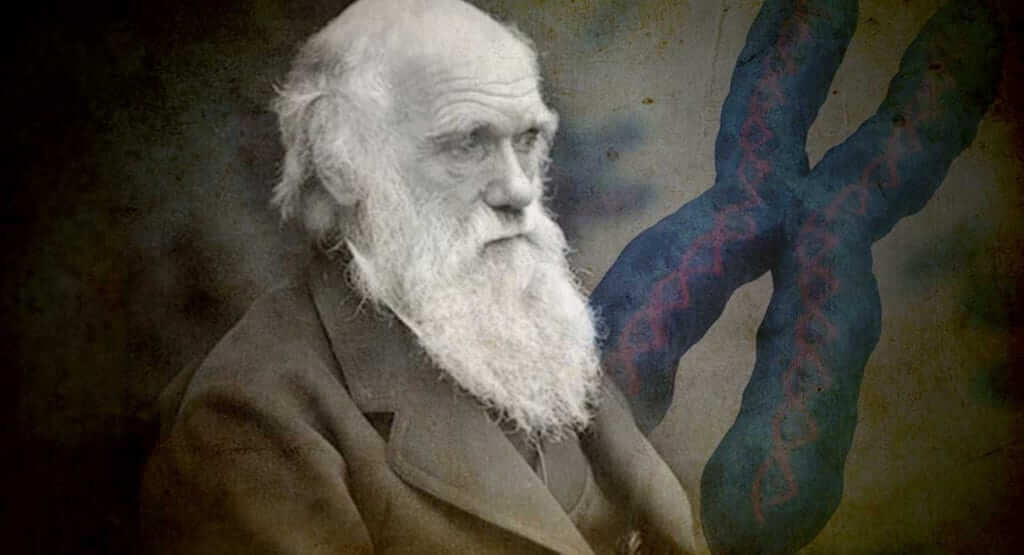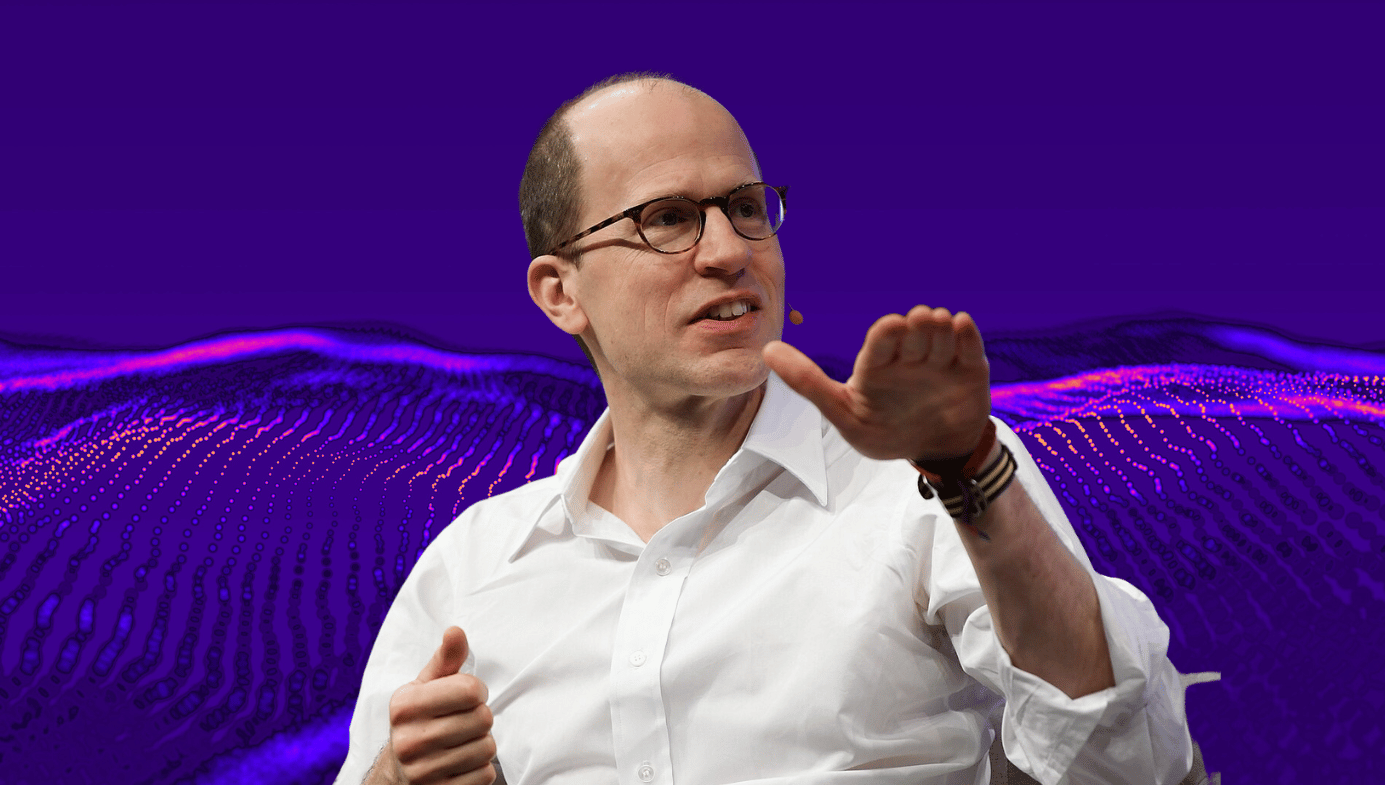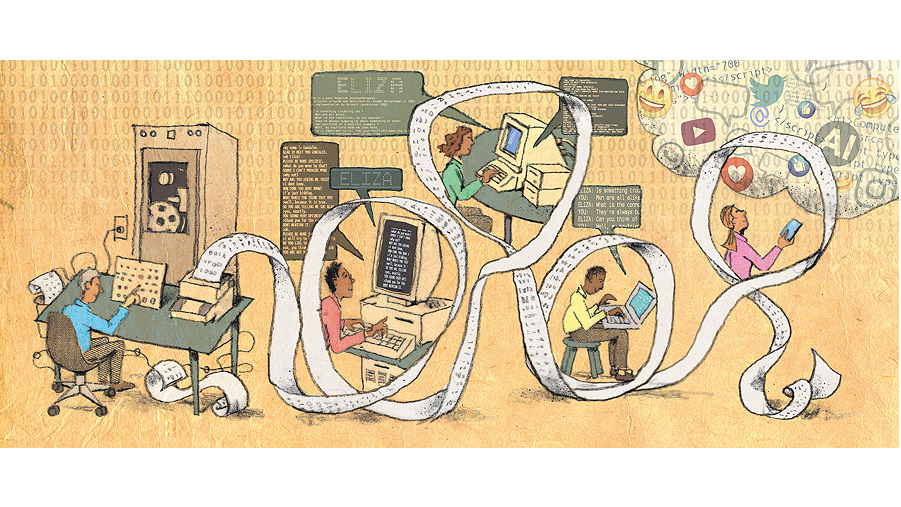Reason is racist. Both philosophy and science should be decolonized.
- - - - - - - - - - - - - - - - -
Liberalism and racism are closely intertwined (
George Yancy)
The anti-Black ideas within Immanuel Kant’s philosophy show how liberalism and racism are closely intertwined.

truthout.org
EXCERPT: After all, the Enlightenment emphasized reason and autonomy over the weight and dogmatism of tradition. Yet notably, reason has historically been associated with whiteness.
Reflecting on the color symbolism of light and whiteness, philosopher Charles Mills argues, “Whiteness is light; whiteness is all-encompassing; whiteness is the universal; whiteness is Euro-illumination.” For Mills, “whiteness becomes the identity of both enlightenment and of the human bearers of enlightenment.”
As a Black philosopher, I came to discover that philosophy obfuscates its explicit and implicit investment in whiteness, which means that philosophy often resides in the space of ideal theory. For Mills, ideal theory abstracts away from the messiness of social injustice. On this score, ideal theory refuses to come to terms with the ways in which white philosophers perpetuate whiteness within philosophy and the world.
Provocatively, Mills quotes a Black American folk aphorism in the opening epigraph of his well-known philosophical 1997 bestseller, The Racial Contract: “When white people say ‘Justice,’ they mean ‘Just us.’” (
MORE - details)
= = = = = = = = = = = = = = = = =
The symbolic professions are super WEIRD
They select for characteristically WEIRD people and exacerbate those tendencies further. The consequences are more significant than might be immediately apparent.

musaalgharbi.substack.com
EXCERPTS:
Symbolic capitalists are strange people. Actually, it might be more apt to say we are particularly WEIRD. In decades-worth of empirical studies carried out across the globe, anthropologist Joseph Henrich and his collaborators have documented many ways people from Western, Highly-Educated, Industrial, Rich and Democratic (WEIRD) societies diverge systematically from most others worldwide.
[...] The most immediate implication of these realities, Henrich argued, is that many psychological theories and results claiming to illuminate “human nature” were, in fact, unlikely to generalize to humanity writ large.
[...] Colleges and universities serve as the primary gatekeepers in determining who gets to become a symbolic capitalist (and who does not). Critically, these institutions tend to select for people who demonstrate WEIRD tendencies (and filter out those who are insufficiently WEIRD): college admissions essays are, fundamentally, about presenting a unique and compelling curated self to help applicants “stand out” against competitors with similar (or even superior) qualifications; standardized testing requirements and score thresholds filter students based on their cultivated skills in analytical reasoning; GPA and attendance records are largely a proxy for students’ future-orientation and self-discipline.,, (
MORE - details)
= = = = = = = = = = = = = = = = =
The question of what’s fair illuminates the question of what’s hard
Computational complexity theorists have discovered a surprising new way to understand what makes certain problems hard.

www.quantamagazine.org
EXCERPT: Now, new work provides a way to analyze those hard-to-understand problems. The advance comes from an unexpected area of computer science: algorithmic fairness, where algorithms like those used by banks and insurance companies are scrutinized to make sure they treat people fairly. The new results show that the fairness tools can effectively map out the different parts of a hard problem and isolate the precise regions of the problem that make it hard to solve... (
MORE - details)
= = = = = = = = = = = = = = = = =
The structure of academic writing: Lessons from John McPhee
In the world of literary non-fiction, John McPhee is a god. Through his New Yorker essays, and prize-winning books McPhee has mastered the a...

philosophicaldisquisitions.blogspot.com
EXCERPT: As you shall see, McPhee has quite an elaborate and playful way of thinking about the structure of writing. A lot of academic writing is formulaic and routine. Rarely does anything break out of the conservative mould of traditional article structures. I think academics could benefit from adopting McPhee's elaborate and playful approach. If nothing else, they might have fun in the process... (
MORE - details)
= = = = = = = = = = = = = = = = =
How science is helping us understand human sacrifice (philosophy of ritual killing)
EXCERPT: For the most part, ritual killings fell into one of two categories. The first was what anthropologists called a retainer sacrifice, when servants or consorts, for example, were killed to accompany someone who had died—usually a member of the elite—into the great beyond. [...] The other form was the sacrifice of captives or community members to placate, please or ask favors of gods and ancestors... (
MORE - details)
= = = = = = = = = = = = = = = = =
A summer with Blaise Pascal
Jonathan Egid: Algebra & Other Idle Pursuits - A Summer with Pascal by Antoine Compagnon (Translated from French by Catherine Porter)

literaryreview.co.uk
EXCERPT: ‘The eternal silence of these infinite spaces’ is thus an image of the lot of man without God. For modern readers this image – perhaps best exemplified by the figure of the astronaut losing contact with the Space Shuttle and finding himself drifting endlessly through the void (recall the tagline for Alien: ‘in space no one can hear you scream’) – stirs up existential dread, even cosmic horror. Certainly, Pascal felt the contrast between faith and the desert of unbelief, and drew it as starkly as it has ever been drawn. But Compagnon convincingly argues that this angst was not Pascal’s.
Rather it was the angst of the libertine, the atheist, the person that Pascal was trying to convince – or, as Compagnon puts it, to ‘humiliate’ or ‘bully’ – into belief. Pascal’s intention was to ‘destroy the narcissism of his interlocutors’, to paint the predicament of the libertine in such a hopeless light as to make him realise his own impotence and his utter dependence on God. Pascal does aim to edify his readers, even to convince them, but his method is a strange one, relying on the constant application of contradiction and paradox..(
MORE - details)
= = = = = = = = = = = = = = = = =
Moral Luck
Recognising the role of moral luck encourages empathy and humility, but it also threatens the notions of culpability...

www.lrb.co.uk
EXCERPT: We should be sceptical when people with no marginalised identities or history of solidarity take it for granted that they would have opposed Nazi rule. It is a commonly held delusion in the UK because its war against the Axis powers has become an outsized part of the sanitised national identity. But the intuition often amounts to a strong sense of identification with Britain and with one’s own forebears, rather than a robust antipathy to the oppression of minorities. Feeling sure that you’d have taken the position your country took in a war isn’t the same as being opposed to fascism, and may even suggest a propensity towards it... (
MORE - details)
_




































:quality(75)/https%3A%2F%2Fassets.lareviewofbooks.org%2Fuploads%2F202407With-and-Against.jpg)



















